The Aam Aadmi Party (AAP) is leading in more than two-thirds of the 70 seats in Delhi
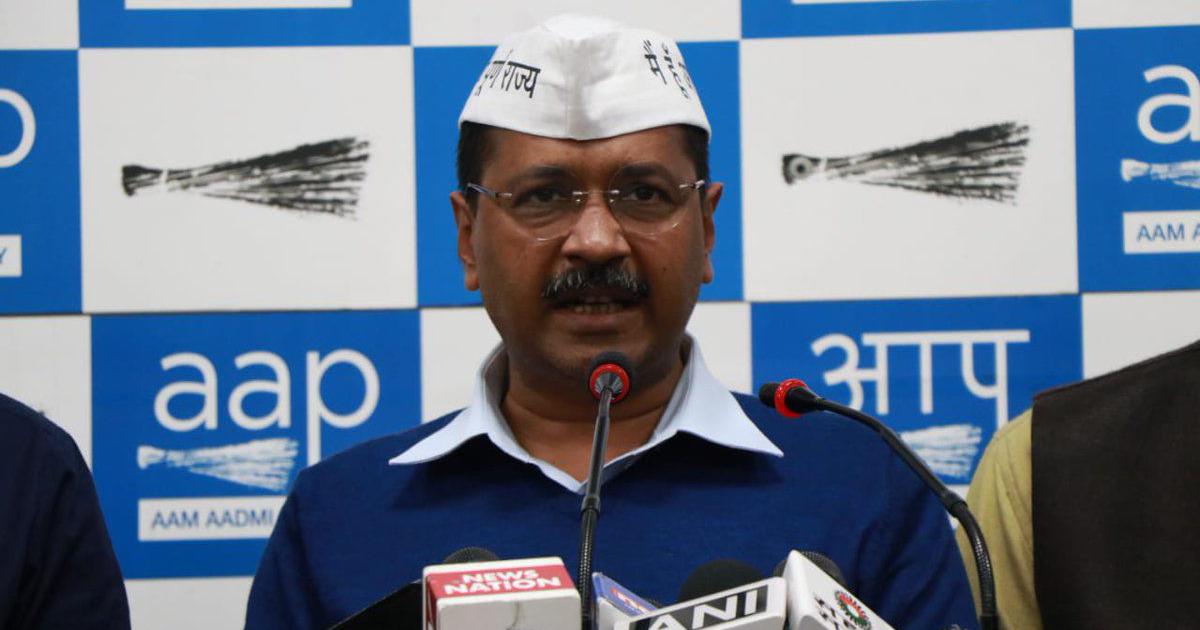
New Delhi: The Arvind Kejriwal-led party is set to win 63 seats as counting of votes neared its end while the BJP — which led a high-voltage campaign on anti-CAA protests and nationalism — settled around seven seats after initial gains.
The Aam Aadmi Party of India repeated its 2015 feat in Delhi as it reduced its closest rival – BJP- to single-digit seats in the 70-member assembly.

Both AAP heavyweights Manish Sisodia and Atishi Marlena have won their respective seats after initial scare. The biggest AAP heavyweight trailing at the moment is Speaker Ram Niwas Goel.
During campaigning, the ruling AAP had sought to retain power on the work done in the field of education, health, and in providing cheap electricity and water, while the main opposition BJP conducted a massive campaign, roping in most of its 70 union ministers, 270 MPs and leaders and Chief Ministers from various states, to deliver it’s campaign message on anti-CAA protests and nationalism.
Both AAP heavyweights Manish Sisodia and Atishi Marlena have won their respective seats after initial scare. The biggest AAP heavyweight trailing at the moment is Speaker Ram Niwas Goel, NDTV writes.
During campaigning, the ruling AAP had sought to retain power on the work done in the field of education, health, and in providing cheap electricity and water, while the main opposition BJP conducted a massive campaign, roping in most of its 70 union ministers, 270 MPs and leaders and Chief Ministers from various states, to deliver it’s campaign message on anti-CAA protests and nationalism.
अपने बेटे को इतना प्यार देने के लिए दिल्लीवसियों का तहे दिल से शुक्रिया। आज दिल्ली वालों ने एक नई राजनीति को जन्म दिया “काम की राजनीति”। ये भारत माता की जीत है। जय हिंद। pic.twitter.com/q5xP8ytYvc
— Arvind Kejriwal (@ArvindKejriwal) February 11, 2020
“This is a win for Mother India,” a grinning Mr Kejriwal told his supporters at the AAP office. He waved and blew them kisses, and said he “loved the people of Delhi”.
The 51-year-old former bureaucrat rose to political fame as an anti-corruption campaigner. He first became chief minister in 2013 and was then re-elected in 2015 with a landslide. He has been credited with turning around Delhi’s government-run schools, establishing affordable neighbourhood clinics and providing cheap water and electricity, BBC writes.
He has also consistently campaigned for greater autonomy for the state, as control of its police force and land still rest with the federal government.






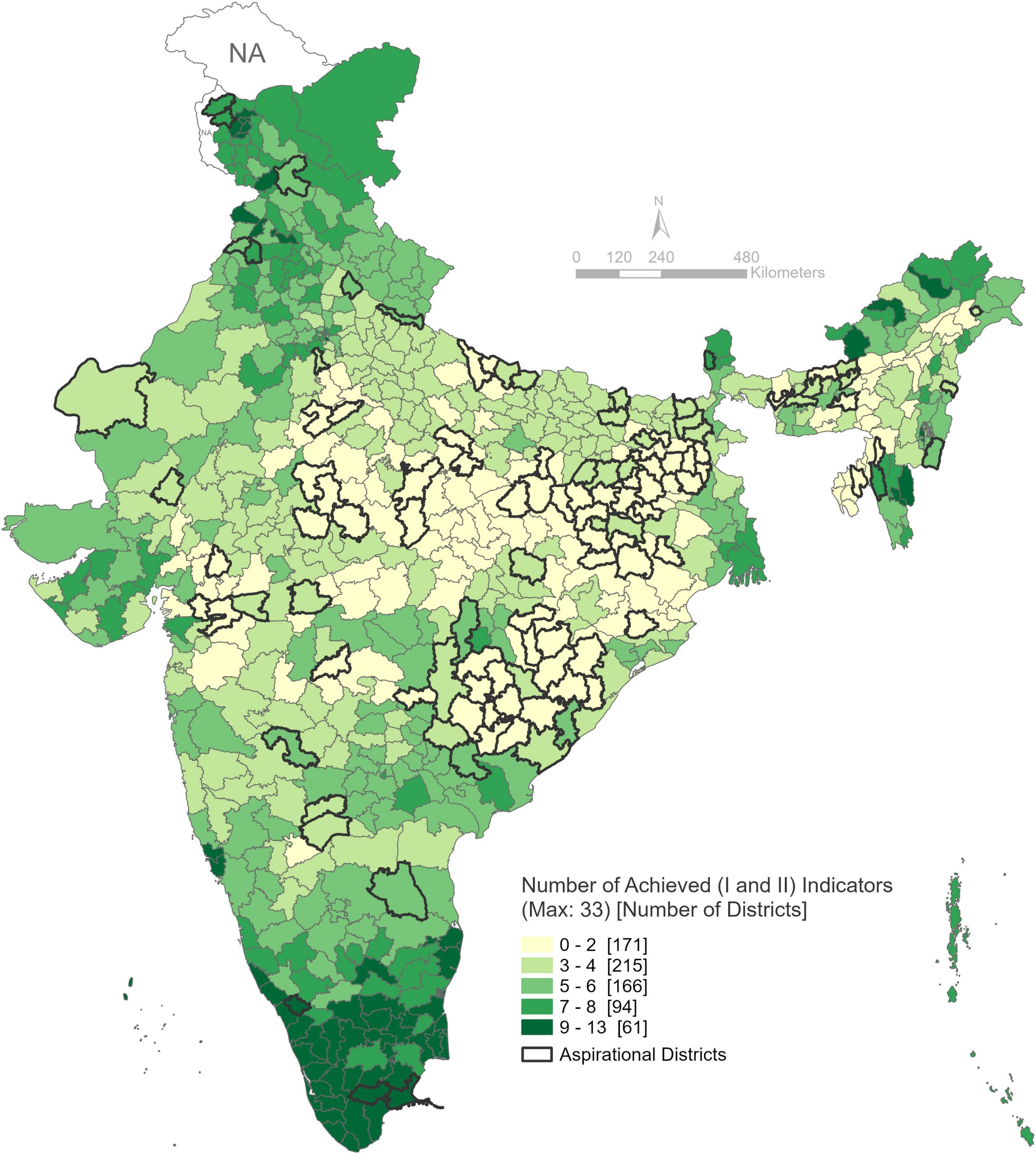

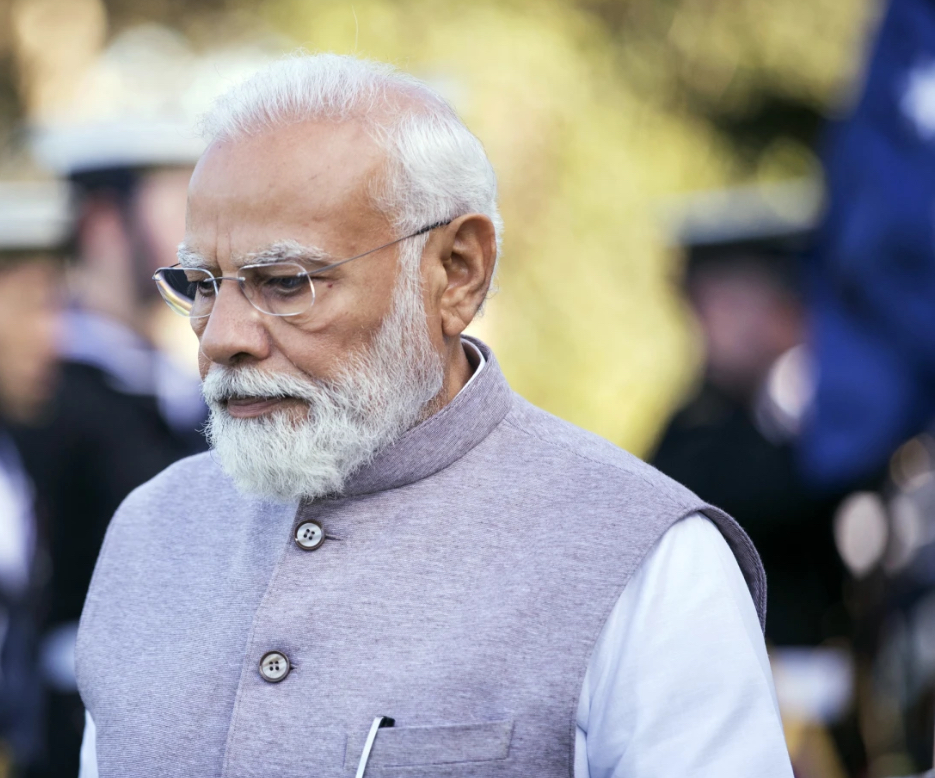

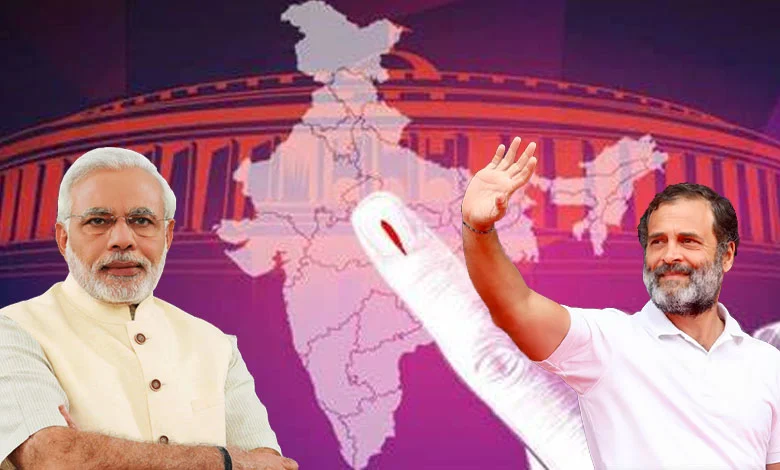
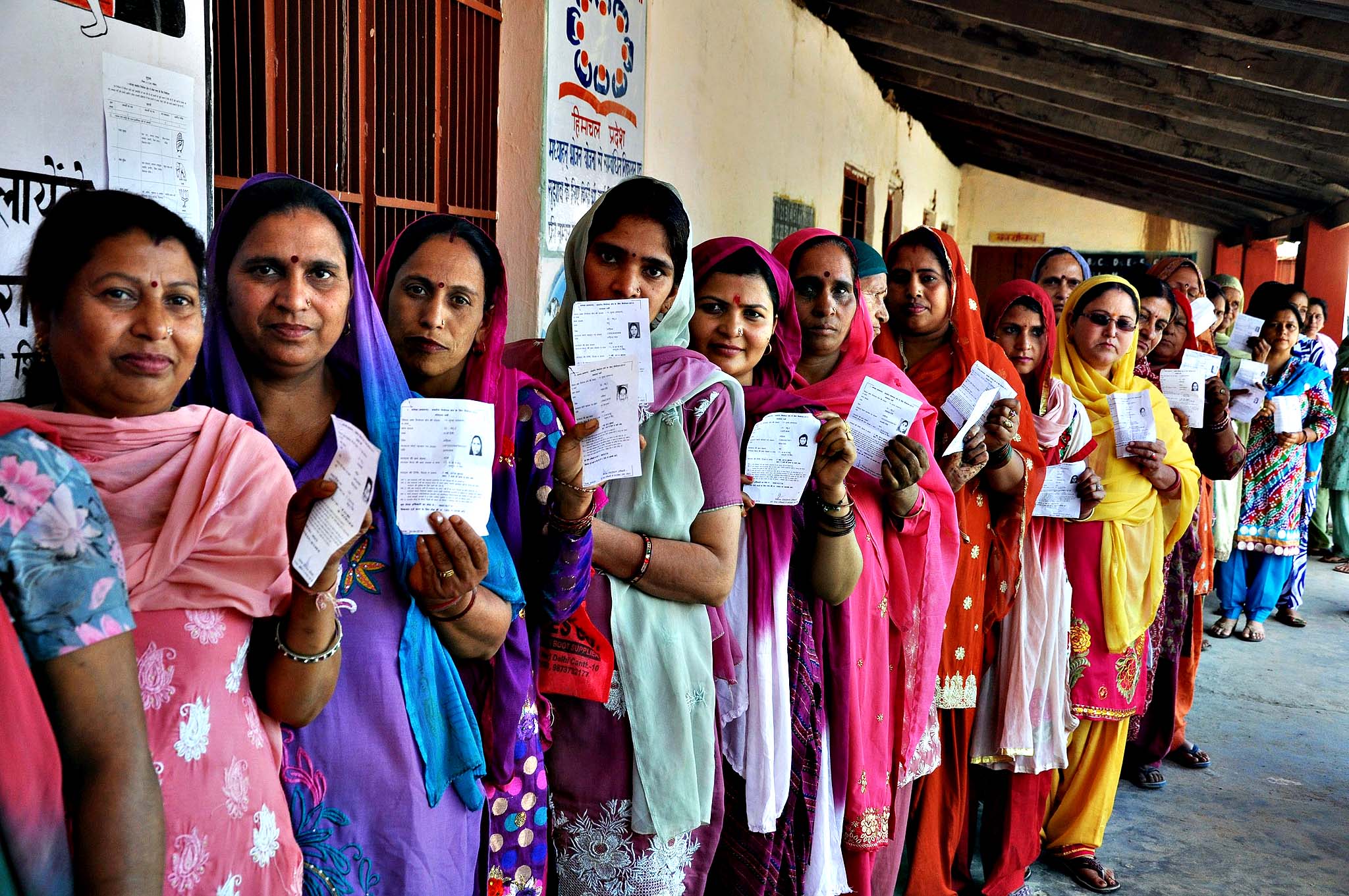







Facebook Comments